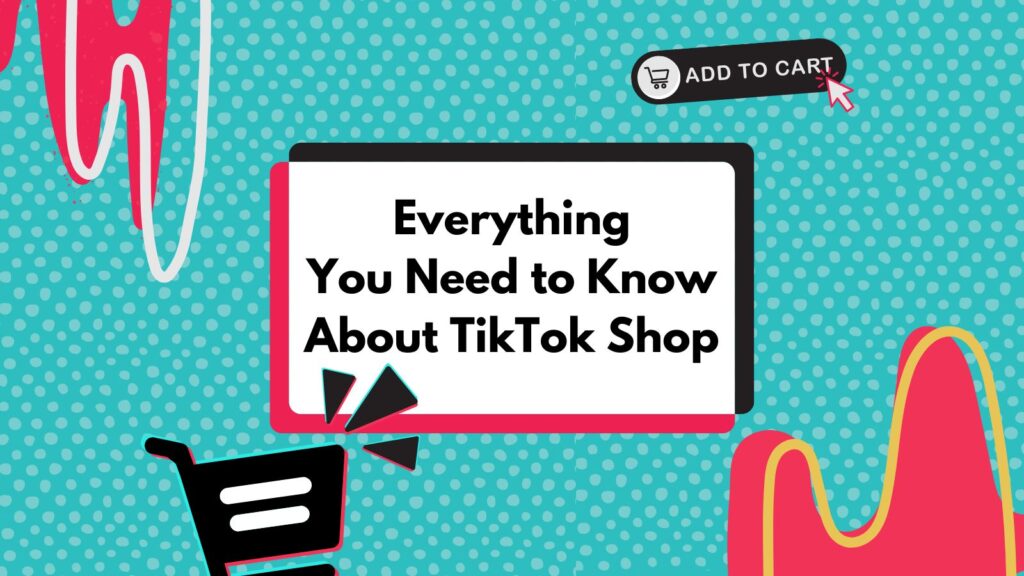At 8THIRTYFOUR, we love data. We really love data. How else are you supposed to know which digital marketing efforts work and which don’t?
We are constantly looking at and analyzing data and using it to report to clients on the performance of their campaigns. However, we were recently reminded that some of the web and data terms we use are not commonplace. So, we decided to define some of the more popular terms so you know what we’re talking about when we start geeking out about data and digital reports.
We also need to thank our friends at Geek Powered Studios, who helped us articulate some of these concepts.
Below is just a small sampling of useful terms, a Complete Guide to Digital Jargon is coming soon.
Alt Text (or Alternative Text): An attribute added to HTML code for images, used to provide vision impaired website visitors with information about the contents of a picture. Best practice dictates that all images on a website should have alt text, and that the text should be descriptive of the image.
Conversion Rate: The rate at which website visitors completed a key action on a site, such as making a purchase or signing up for a newsletter. Conversions divided by total clicks.
Keyword: A word or phrase indicative of the major theme in a piece of content. When you search for something in a search engine, you type in a keyword and the search engine gives you results based on that keyword. One major Goal of SEO is to have your website show in searches for as many keywords as possible.
Long Tail Keyword: A keyword phrase that is longer in length and hyper-specifically matches a user search query. A long tail keyword gets fewer searches per month but has a higher search intent and typically less competition by companies looking to serve up content to that search query. For example, a regular keyword might be “Austin web designer” but a long tail keyword would be “affordable Austin web designer that makes WordPress sites.”
SEM (Search Engine Marketing): – Not to be confused with SEO, SEM is a term that can apply to either 1. Any digital marketing that involves the use of a search engine, or 2. Only paid digital marketing that involves a search engine, ie: PPC (pay-per-click). There is not an industry standard as to which definition is correct, however, the latter is most commonly used.
Unique Visitors: A metric used in web analytics to show how many different, unique people view a website over a period of time. Unique visitors are tracked by their IP addresses. If a visitor visits the same website multiple times, they will only be counted once in the unique visitors metric.
These are just a few of the terms that come up when talking websites, data, and analytics. They may seem obscure, but they’re important when it comes to figuring out what is working on your website and what isn’t.
If you’re still confused, it’s ok. Give us a call and we can explain more over a cup of coffee or a cocktail. And, stay tuned for an even more robust glossary of digital jargon.

Everything You Need to Know About TikTok Shop
TikTok has emerged as a cultural phenomenon, captivating millions with its short-form videos and viral trends. But now, it’s not just about viral dances and








